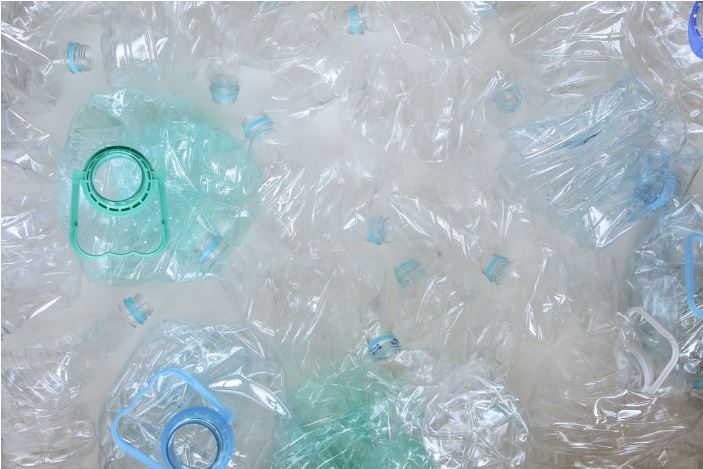Benefits to Using Reusable Products
In recent years, there has been a growing movement towards sustainability and reducing our impact on the environment. One of the ways that individuals can contribute to this effort is by using reusable products. Reusable products are products that can be used multiple times, reducing the need for single-use products. Here are some of the benefits to using reusable products.
Reduce Waste
By using reusable products, we can significantly reduce the amount of waste that is produced. Single-use products, such as paper towels, plastic bags, and disposable water bottles, contribute to the accumulation of waste in landfills and oceans. In contrast, reusable products like Reusable sanitary pads, reusable water containers, washable cutlery, and so many more items can safely be used multiple times, reducing the amount of waste that is generated.
Save Money
Using reusable products can also save money in the long run. While reusable products may have a higher upfront cost, they can last for years and eliminate the need to continuously purchase disposable products. For example, investing in a reusable water bottle can save money on purchasing bottled water over time. Similarly, using cloth napkins instead of disposable paper napkins can save money on purchasing new napkins.
Reduce Carbon Footprint
The production and transportation of disposable products contribute to greenhouse gas emissions and climate change. By using reusable products, we can reduce the demand for single-use products and decrease the carbon footprint associated with their production and transportation.
Health Benefits
Some reusable products can also have health benefits. For example, using a cloth shopping bag instead of a disposable plastic bag can reduce the risk of exposure to harmful chemicals that can be found in some plastics. Similarly, using a reusable food container can reduce exposure to chemicals that can leach from plastic containers into food.
Better Quality
Reusable products are often of better quality than their disposable counterparts. For example, reusable cloth towels are often more absorbent and durable than paper towels. Similarly, reusable water bottles can be made from high-quality materials that keep drinks cold or hot for longer periods.
Preserve Natural Resources
The production of single-use products requires significant amounts of natural resources, including water, energy, and raw materials. By using reusable products, we can help preserve these resources for future generations. For example, using a cloth grocery bag instead of a plastic bag can help reduce the amount of oil used in the production of plastic bags.
Reduce Plastic Pollution
Single-use plastics are a significant contributor to plastic pollution in our oceans and other ecosystems. By using reusable products, we can reduce the demand for single-use plastics and help prevent plastic pollution. For example, using a reusable coffee cup instead of a disposable cup can prevent thousands of disposable cups from ending up in landfills or oceans.
Encourage Sustainable Practices
Using reusable products can also help promote sustainable practices and encourage others to do the same. By demonstrating the benefits of using reusable products and leading by example, we can inspire others to make small changes in their daily lives that can have a positive impact on the environment.
Support Local Economy
Choosing to purchase reusable products from local businesses can also have economic benefits. By supporting local businesses that sell reusable products, we can help stimulate the local economy and promote sustainable practices in our communities.
Reduce Toxins in the Environment
Many single-use products contain harmful chemicals that can leach into the environment, polluting waterways and ecosystems. By using reusable products, we can reduce the amount of toxins that are released into the environment and help protect wildlife and natural habitats.
Conclusion
Using reusable products can have many benefits, saving money, reducing plastic pollution, supporting local businesses, improving health, and providing better quality products. By making small changes to our daily habits and incorporating reusable products into our lives, we can all make a positive impact on the environment and our wallets.




